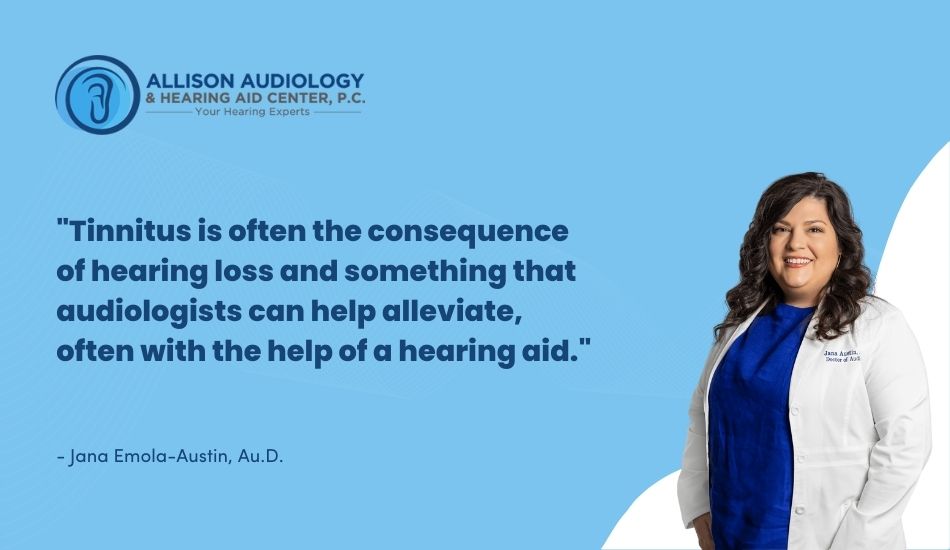If you’ve found your way to this article, it’s likely that you have concerns about your hearing health or the cognitive wellbeing of someone close to you.
There’s a growing body of scientifically reviewed studies showing a direct correlation between untreated hearing loss and cognitive decline. This connection, undoubtedly worrisome, underscores the importance of understanding and addressing hearing loss promptly.
The Largest Peer-Reviewed Study to Date
In December 2022, CNN Health brought attention to an expansive study conducted by renowned researchers from JAMA Neurology. This global trial incorporated 31 separate studies conducted in Europe, North America, Asia, and Australasia, examining the link between hearing loss and cognitive decline over durations ranging from two to 25 years.
Overall, the meta-analysis included 137,484 participants and revealed alarming results about the connections between untreated hearing loss and cognitive challenges. This investigation is one of the most comprehensive studies conducted so far and has unveiled critical insights into the role of hearing aids and cochlear implants in mitigating cognitive decline.
Impact of Hearing Aids on Cognitive Decline
One of the key findings from the study is that using hearing aids was linked to a 19 percent reduction in long-term cognitive decline. As senior study author Dr. Benjamin Tan eloquently stated, “Dementia is far easier to prevent than treat, and exceedingly difficult to reverse.”
Another significant finding is that patients already exhibiting mild cognitive impairment—often described as early dementia—also benefited from using hearing aids. These patients experienced approximately a 20 percent lower risk of progressing to full-fledged dementia.
Therefore, these findings underscore the fact that it’s never too late to start using hearing aids. However, early treatment can help preserve the most cognitive function and reduce the risk of further cognitive decline.
The Study’s Outcome and Implications
The overall conclusion of the meta-analysis was that the use of hearing aids and cochlear implants correlates with a decreased risk of subsequent cognitive decline. Physicians, thus, should strongly encourage patients with hearing loss to adopt such devices.
This conclusion is based on comprehensive research involving over 137,000 participants and is one of the most definitive pieces of evidence regarding the connection between cognitive decline and the use of hearing aids or cochlear implants.
What Does This Mean for You?
Although most people are diligent about regular dental checkups and eye tests and annual physical examinations, hearing tests often don’t make the priority list. However, given the increasing body of evidence showing the connection between untreated hearing loss and cognitive decline, it’s high time we changed that.
A hearing loss test is straightforward, quick, and noninvasive. It can provide crucial information about your level of hearing, allowing for the necessary measures to be taken to monitor, care for and, where needed, improve your hearing health.
How Allison Audiology Can Help
At Allison Audiology, we’re here to help if you or a loved one is concerned about your hearing.
With appointments for new patients currently available, we encourage you to schedule a convenient date and time for your visit.
Addressing untreated hearing loss promptly could significantly impact your cognitive health, so please don’t delay. For further information, we recommend reading our in-depth article on Hearing Loss and Cognitive Decline. This resource provides a deep dive into the fascinating science behind this connection. Remember, understanding the issue is the first step towards addressing it, and we’re here to support you every step of the way.





